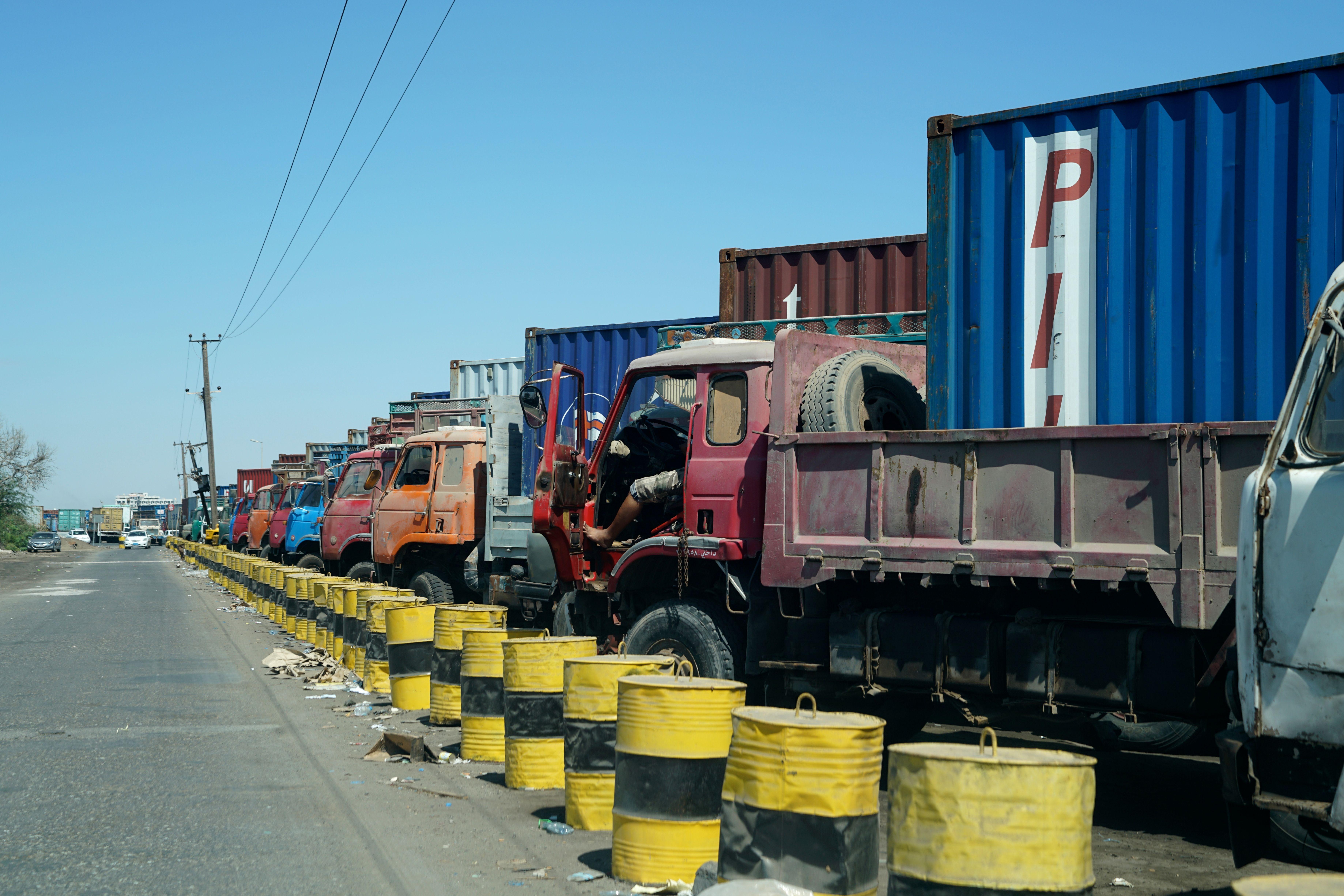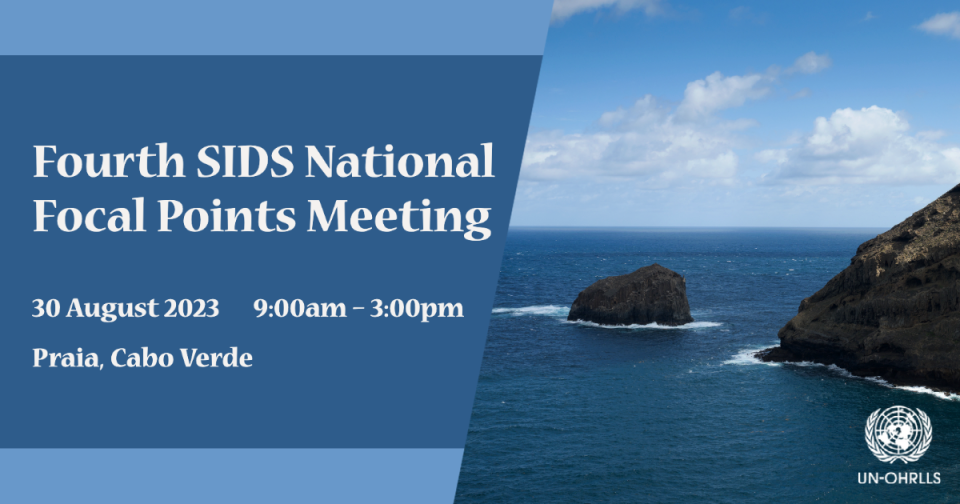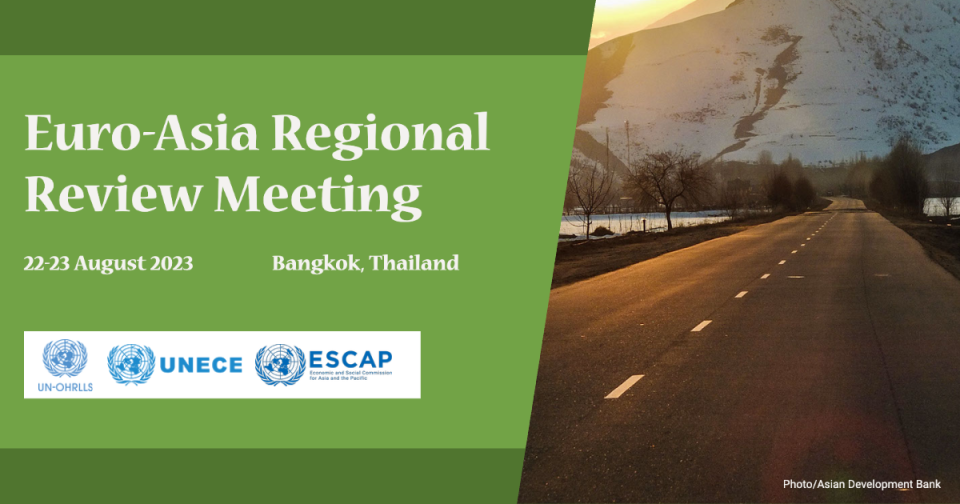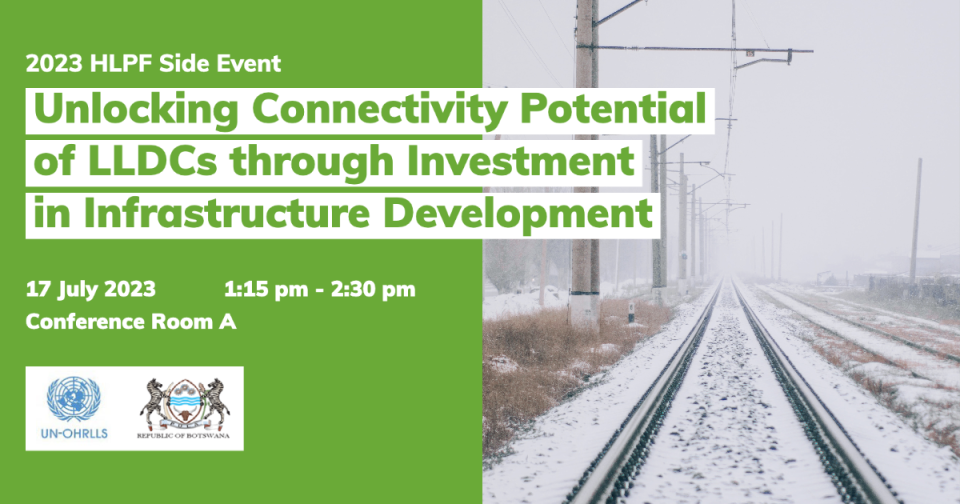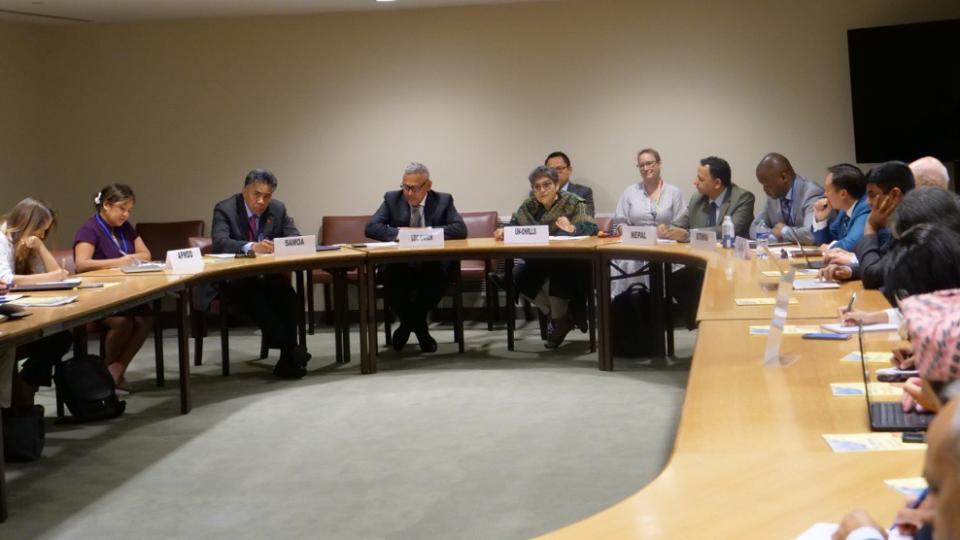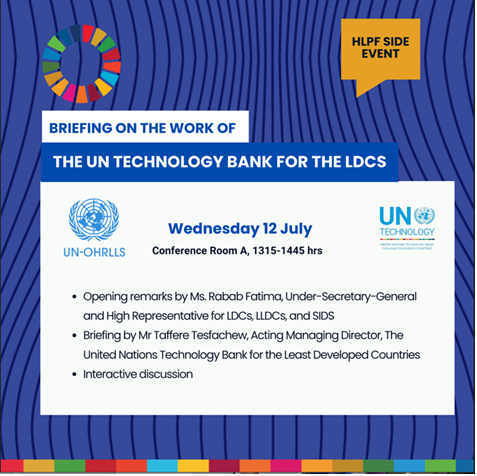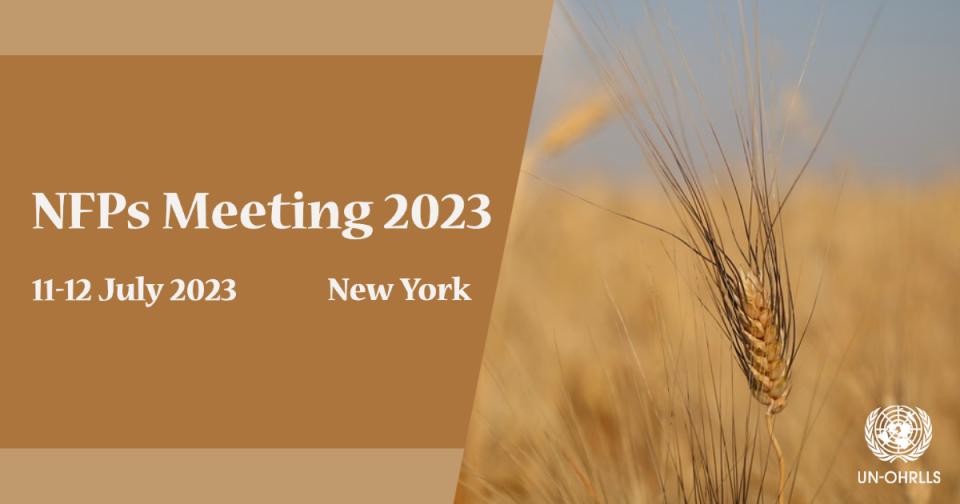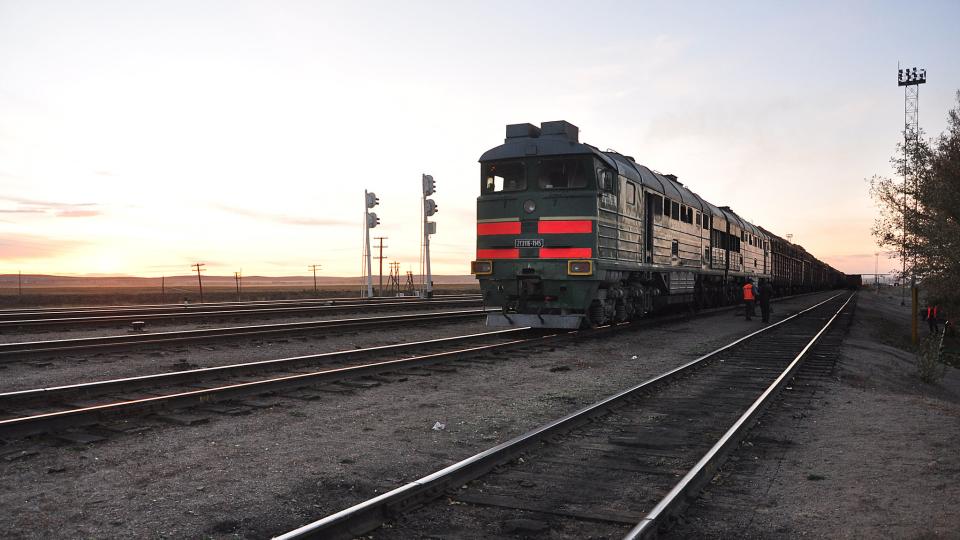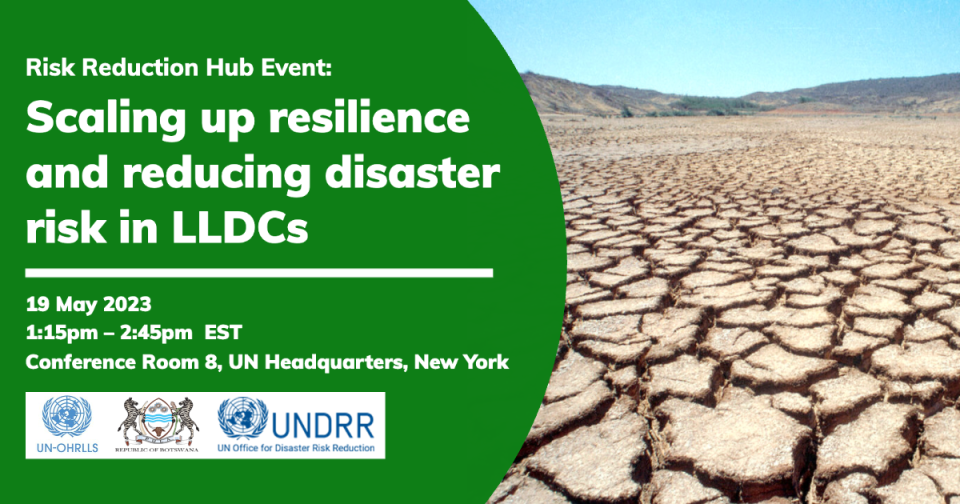Experience Sharing on Promoting Smooth Functioning of Corridors for Sustainable Industrialisation and Diversification during the COVID-19 Era
Organizers
United Nations Economic Commission for Africa and UNORHLLS
Session format
Presentations and Q&A discussions
Speakers
AUC, AUDA-NEPAD, ECOWAS, AfDB, UN-ECE, World Bank, Northern Corridor, SADC
Background and Context
The landlocked developing countries (LLDCs) face special challenges associated with their lack of direct territorial access to the sea resulting in high transport and transit costs. Establishment of integrated, sustainable and efficient transit transport and economic corridors benefits both the LLDCs and transit countries. Well-functioning corridors are critical for movement of goods, expansion of LLDCs’ trade, and increasing their connectivity and integration into regional and global trading networks. Well-coordinated corridors can spur not only development of infrastructure, but also harmonization of procedures along the corridors. In addition, it can spur the development of soft infrastructure, implementation of trade facilitation measures, reduction in time spent at borders and the costs of transport and increasing the reliability and predictability of transport.
The Vienna Programme of Action for the Landlocked Developing Countries (VPoA) stresses the importance of corridors in reducing transit times spent at borders and transport and trade costs, through increased connectivity, efficiency and transparency in border management thereby increasing the reliability and predictability of transport. The 2019 Midterm Review of the VPoA revealed that although some progress had been achieved in the implementation of the agenda towards the attainment of some sustainable development goals (SDGs) and Agenda 2063 by LLDCs but, the progress is not sufficient. The SDGs cannot be achieved if the most vulnerable countries, such as the LLDCs, are left behind. Promotion of corridors for sustainable industrialisation and diversification is crucial for supporting the structural economic transformation of the LLDCs.
The COVID-19 pandemic has had major impact on the smooth functioning of corridors due to various factors including the closure of state borders, the imposition of restrictions on the movement of people and goods, and the disruption of supply chains. This has negatively affected trade and economic growth of both LLDCs and their transit neighbors.
Objectives
Experience sharing on Promoting Smooth Functioning of Corridors for Sustainable Industrialization and Diversification during COVID-19 era
Expected outcomes
This Event provides an opportunity for sharing of experiences on how to promote smooth functioning of corridors during the COVID-19 pandemic. The event will also increase awareness and spur deeper discussions on how to further develop corridors to spur industrialization and diversification for increased trade and economic growth.
Contact Persons
Jane Karonga: karonga@un.org and Gladys Mutangadura: mutangadura@un.org
Documents
Address of H.E. Dr. Amani Abou-Zeid, African Union Commissioner for Infrastructure and Energy


